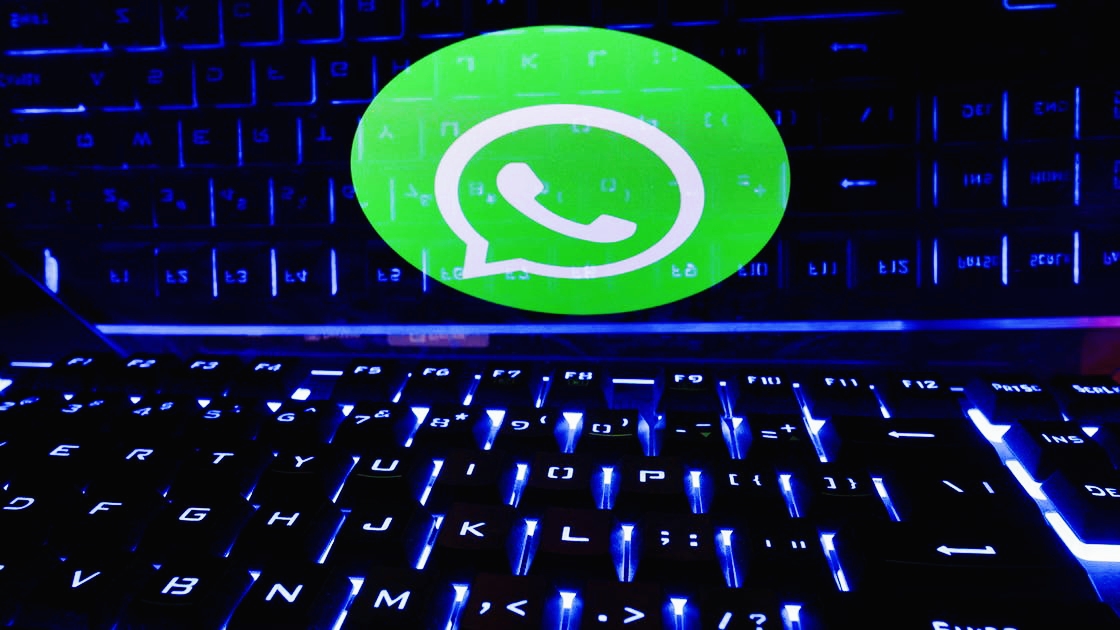WhatsApp Ban in Russia Imminent: How Will It Impact Users?
July 19, 2025886 ViewsRead Time: 3 minutes

Font Size:
16
The fate of the "WhatsApp" application in Russia is more threatened than ever, as Russian legislators have warned of the necessity for it to be prepared to leave the local market, as part of a broader campaign to reduce reliance on Western platforms and enhance what Moscow calls "digital sovereignty".
Anton Gorelkin, Deputy Chairman of the Information Technology Committee in the State Duma, said in a statement on "Telegram" that the application owned by "Meta" is on the verge of being included in a list of digital services that will be subject to new restrictions, indicating that "the time has come for WhatsApp to prepare to leave".
Russian President Vladimir Putin had signed a law last June allowing for the development of a state-backed local messaging application integrated with government services, as part of Moscow's efforts to provide national alternatives to popular applications like "WhatsApp" and "Telegram".
The new local application, named "MAX", could potentially gain a significant market share _according to Gorelkin_ if WhatsApp withdraws, especially since the latter is used by 68% of Russians daily, according to Reuters.
Russia had already banned the platforms of "Facebook" and "Instagram", also owned by Meta, since 2022 following the start of the war in Ukraine.
Since then, authorities have been working to impose strict legal controls on internet usage and Western services, with the parliament this week approving new amendments imposing fines of up to 5000 rubles ($63) on individuals searching for materials deemed "extremist" by the state.
These measures target not only platforms but also political figures and opposition activists.
Anton Nemykin, a member of the Information Technology Committee in the parliament, considered the presence of "WhatsApp" itself in the Russian digital space as a threat to national security, describing it as a "clear legal violation".
TASS quoted Nemykin as saying that the departure of the application has become a matter of time, while Kremlin spokesman Dmitry Peskov affirmed that all services operating in Russia are required to comply with local laws.
Critics of the new project have warned that the local messaging application may open the door to intensified surveillance of user activities, especially if measures to restrict access to foreign applications accompany its launch.
Suspicions increased after the "YouTube" platform, owned by Google, witnessed a sharp decline in its user base within Russia over the past year, with the number dropping from over 40 million daily users in mid-2024 to less than 10 million, due to deliberate slowdowns in internet speeds.
Similarly, the Russian presidency issued a list of direct instructions from Putin this week, including additional restrictions on software and services produced by "unfriendly countries" that have imposed sanctions on Russia.
According to the instructions, the compliance deadline expires on September 1, increasing the likelihood of WhatsApp being listed as a soon-to-be banned or restricted service.